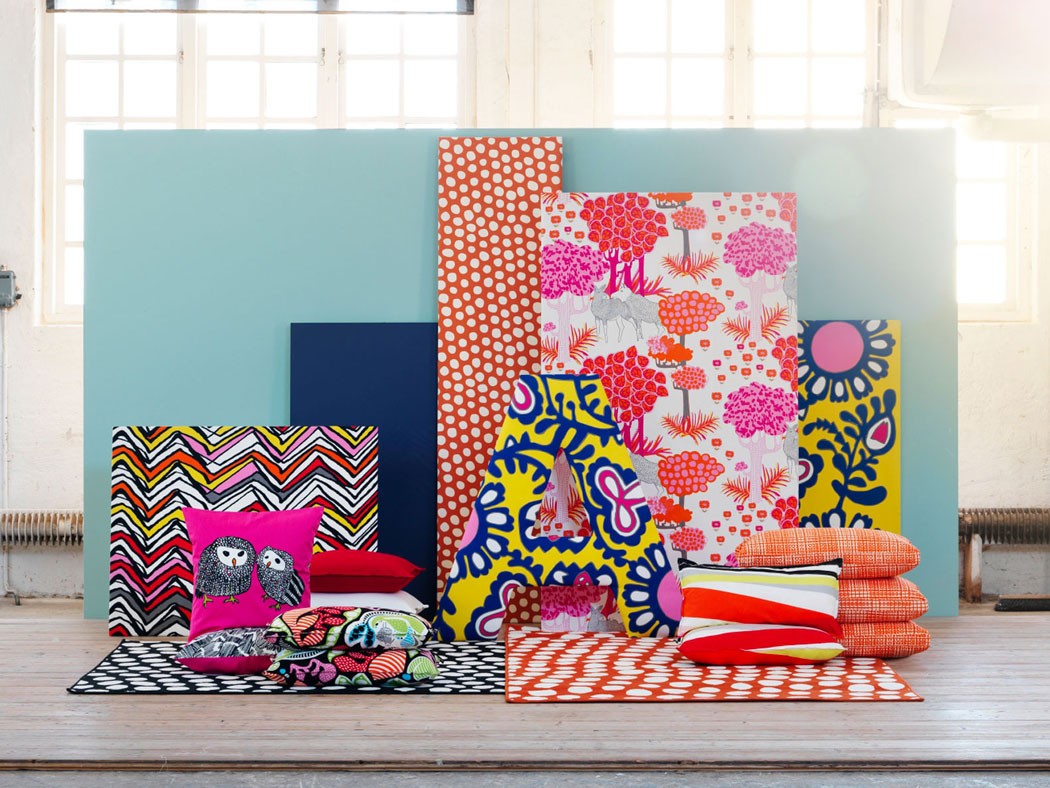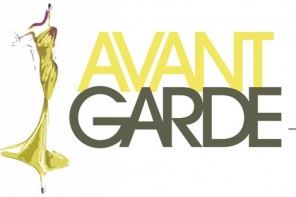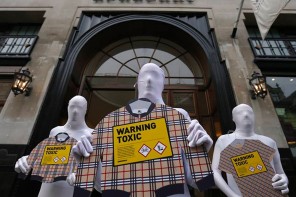IKEA made history last month when it became the first major retailer to obtain 100 percent of its cotton from “more sustainable sources,” specifically farmers who “use less water, less chemical fertilizers, and pesticides,” according to the Swedish furnishings giant, which uses around 0.7 percent of the world’s cotton in everything from sofas to dishtowels. The milestone fulfills a pledge that IKEA made in 2011, shortly after it became a founding member of a “round-table” initiative, led by the World Wildlife Fund, to improve cotton production’s environmental and social profile. As of September, all cotton used in IKEA products can claim adherence to the Better Cotton Standard, with primary sources located in India, Pakistan, Turkey, China, Brazil, and the United States.
“This year is the beginning of a new era for cotton at IKEA,” Pramod Singh, cotton leader at IKEA, said in a statement. “Reaching our goal of sourcing 100 percent of cotton from more sustainable sources is a great achievement, but it also marks the start of our next challenge—to maintain the 100 percent and to find even more ways to support cotton producers around the world to be more sustainable.”
Cotton is an important raw material for IKEA, Singh said, before adding that the retailer wants to make sustainable cotton affordable and accessible.
Both WWF and the Better Cotton Initiative praised IKEA’s commitment to establish Better Cotton as a mainstream commodity.
“Cotton from more sustainable sources across all IKEA products is a potential game-changer for the global cotton market because it demonstrates the clear business case for sustainability,” said Richard Holland, director of WWF’s Market Transformation Initiative. “We need more companies to follow IKEA’s lead but this milestone shows what’s good for people and nature is also good for business.”
Source: Ecouterre










